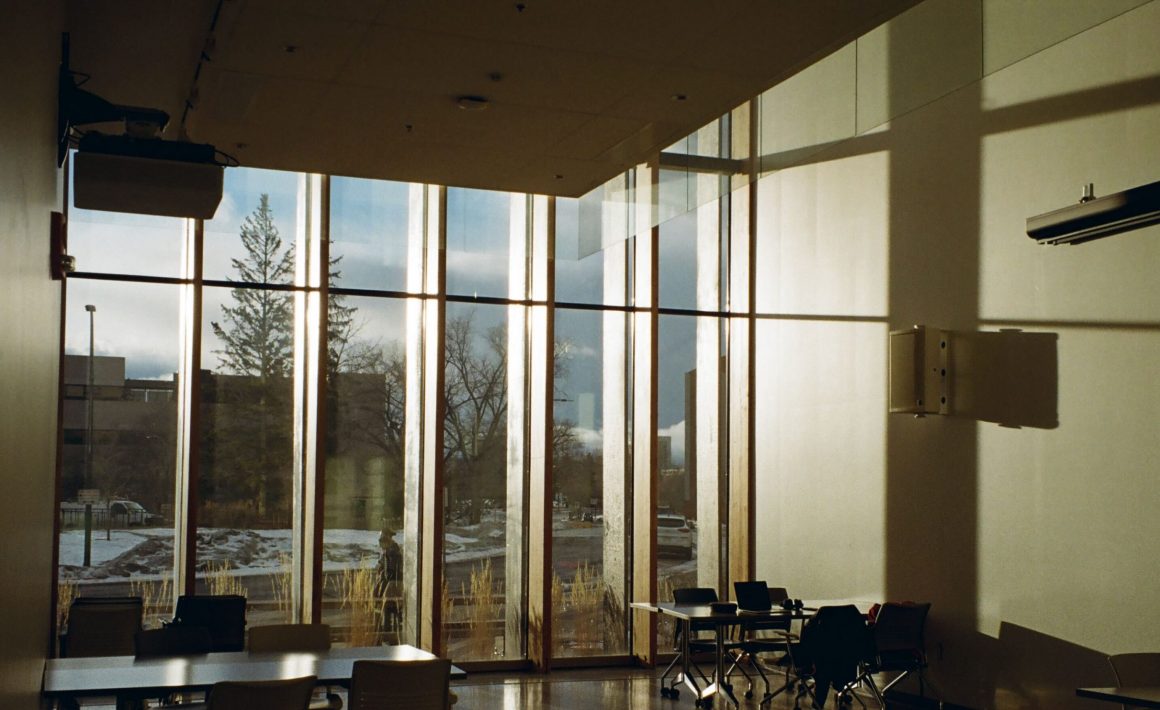
Research project aiming to reduce the extreme stress of family law cases
By Abbas Hussain, March 2 2025—
The Alberta Law Foundation has made a monumental and historic donation of $26.8 million dollars to UCalgary’s Faculty of Social Work and Law. The Dean of the Faculty of Law, Dr. Evaristus Oshionebo, talked about the role of the Faculty of Law in this research project in an interview with the Gauntlet.
The initiative is about reforming the process for resolving family-related disputes with new and alternative ways in order to cater to the well-being of families.
“There are different ways that we hope to achieve a system’s transformation,” said Oshionebo. Now currently, the system of family justice in Alberta, as well as all other provinces in Canada, is adversarial. Parties in the process of separation or divorce go to court and file a petition. The petition is resolved by a judge after hearing evidence from both sides. The adversarial system emphasizes winning.”
Oshionebo said that he believes there is a better system because no one really “wins” in an adversarial system since there is a lot of trauma involved, even for the winning party, because the current system is combative in nature. Those going through the process, especially kids, are expected to continue as if everything is normal, even if everything is falling apart.
“That is an unrealistic expectation. These kids are going to be traumatized not only in the context of the parent’s divorce or separation but also when they go to school, their state of mind will not be good enough for their education and their overall well-being,” Oshionebo said.
In terms of specifics on how the $26.8 million will be used, Oshionebo said that the grant comes with two endowed chairs, one for Family Justice at the Faculty of Law and the other for the Faculty of Social Work. These two chairs would spearhead research into the new system, with a director present to organize operations on the ground.
These chairs and the Centre for Transformation will be closely working together to transform Alberta’s Family Justice System (RFJS) into a community-based model with a focus on helping families succeed.
The mandate of the centre is to work with community organizations and operate in communities across the province, especially with those who are concerned about family well-being. The idea is when couples are in the process of separation, these community centres will be better equipped to provide the services that will lead to better outcomes for everyone involved.
“What we want to have achieved … is to gradually create a new process for resolving family disputes,” explained Oshionebo. “What we hope to have achieved is not only to provide the kind of research that there is an alternative to the adversarial system, but also a system that will sensitize members of the community and public at large.
“We hope to educate the public regarding the need for either reconciliation or alternative dispute resolution so that not all family-related disputes will get to court. The benefit of this will be that there is a reduction in the number of family-related cases that will go to the courts,” Oshionebo continued.
In terms of implementation, Oshionebo said that collaboration not only with the community but also with the government is vital as this project will only be successful if everyone chips in. Once all these stakeholders collaborate effectively, the benefits will become apparent.
Oshionebo wanted to express his gratitude on behalf of the university to the Alberta Law Foundation for this transformational gift. This is the largest grant this school has ever received, and as the years go by, the Faculty of Social Work and the Faculty of Law hope to prove that the Alberta Law Foundation made the right investment in contributing to this grant.
The end result looks to include the reduction of conflict, trauma, and toxic stress, with an emphasis on removing Adverse Childhood Experiences (ACEs) as well as reducing the impact of other ACEs on family separation and related processes. This is of utmost importance considering our evolving understanding of ACE’s impact on fostering positive outcomes throughout an individual’s life.
Learn more about this initiative here.
